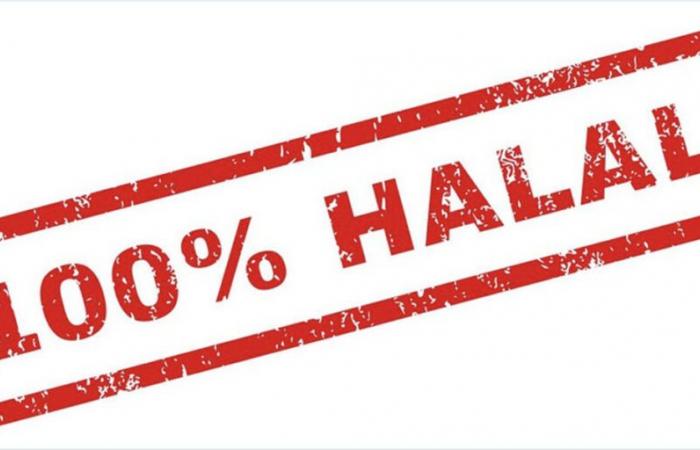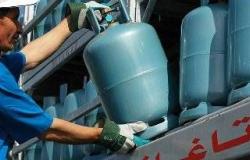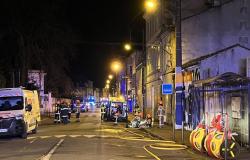The halal industry is no longer limited to the food sector. Today, it stands out as a transversal pillar integrating sustainability, ethical consumption and green growth. If the global market reaches impressive figures, African countries, and particularly Morocco, have a unique opportunity to position themselves as key players thanks to appropriate standards and certifications.
The halal market, valued at 4,831 billion dollars in 2021, and projected at 6,854 billion in 2025, is establishing itself as a major lever of the global economy. The Muslim population, which today exceeds 2.2 billion people, generates growing demand for products that comply with halal standards. However, an 80% disparity between supply and demand persists, opening an unprecedented window of opportunity for African countries.
In this context, Morocco appears to be an essential player, with its expertise in certification and standardization. It is around these issues that a webinar organized by the African Regional Standardization Organization (ARSO) and the Moroccan Standards Institute (Imanor) took place, bringing together experts from Morocco and other African countries, to discuss the challenges and prospects of the sector.
Morocco, regional leader in the halal industry
On this occasion, Issam Alouz, head of the Standardization Department within Imanor, highlighted the key role that Morocco plays in the development of the halal sector. In 2024, nine new halal standards have been developed, a sign of the country’s commitment to ensuring product compliance.
As Alouz explained, “Halal is not just about a religious dimension. It encompasses rigorous processes, careful control of equipment, strict hygienic practices, and is supported by the HACCP method.
In partnership with the Superior Council of Ulemas and technical experts, Imanor has set up a complete labeling system, covering the entire production chain, from raw materials to finished products, in order to guarantee compliance with international standards.
The National Office for Food Safety (ONSSA) and support organizations, such as Maroc PME, also actively participate in this dynamic. Today, some 300 Moroccan companies are halal certified, exporting more than 1,000 products to international markets, particularly in Asia, Europe and America.
Africa, an under-exploited but promising market
For Philip Okungu, ARSO documentation and information manager, Africa represents considerable potential for the halal industry. The continent is rich in animal resources and raw materials, but still remains largely informal when it comes to halal regulations.
“It is imperative to structure this market through a solid regulatory framework,” he stressed.
He also recalled that demographic growth as well as the emergence of African small and medium-sized enterprises (SMEs) will considerably accelerate the demand for halal certified products. With 2.2 billion potential consumers, Africa is becoming a strategic market, not only for Muslims, but also for a wider audience, including non-Muslim consumers attracted by the ethical values of halal, he said. noted.
The African Continental Free Trade Area (ZLECAF) constitutes, according to him, a valuable opportunity to structure this market. By facilitating intra-African trade, the AfCFTA provides a framework to harmonize standards, eliminate trade barriers and create a unified market for halal products.
-A strategic market to seize
In 2013, consumers in sub-Saharan Africa spent nearly $114 billion on halal food products.
However, this trade still remains largely informal in Africa, which hampers its integration into global supply chains. This is where the AfCFTA could play a catalytic role in creating a unified continental market, with 1.2 billion consumers and a cumulative GDP of $3 trillion.
For Morocco, although the country is already well established in the European and Gulf markets (23% and 20% of its exports, respectively), Africa represents an opportunity with high potential.
Currently, Moroccan shipments to the African continent represent only 16% of its total, but the ZLECAF could allow the Kingdom to diversify its outlets and strengthen its presence in a booming halal sector.
A global dynamic to exploit
According to the State of the global Islamic economy 2022 report, the halal sector is growing much faster than the global economy. The food market, in particular, generated $1.27 trillion in 2021, representing 17% of the overall food market, with forecasts of $1.67 trillion in 2025.
Meanwhile, related sectors like Islamic finance and halal tourism are also expected to see significant increases, with forecasts of $4.9 trillion and $189 billion, respectively, by 2025.
Halal standardization and certification are essential levers to strengthen the competitiveness of Moroccan products on African and global markets. But the adoption of harmonized standards at the African level is essential to facilitate the mutual recognition of certifications and guarantee the quality of products.
In this context, the Kingdom, with its expertise in halal certification, can position itself as a regional hub for these products, serving the entire continent.
Faiza Rhoul / ECO Inspirations






